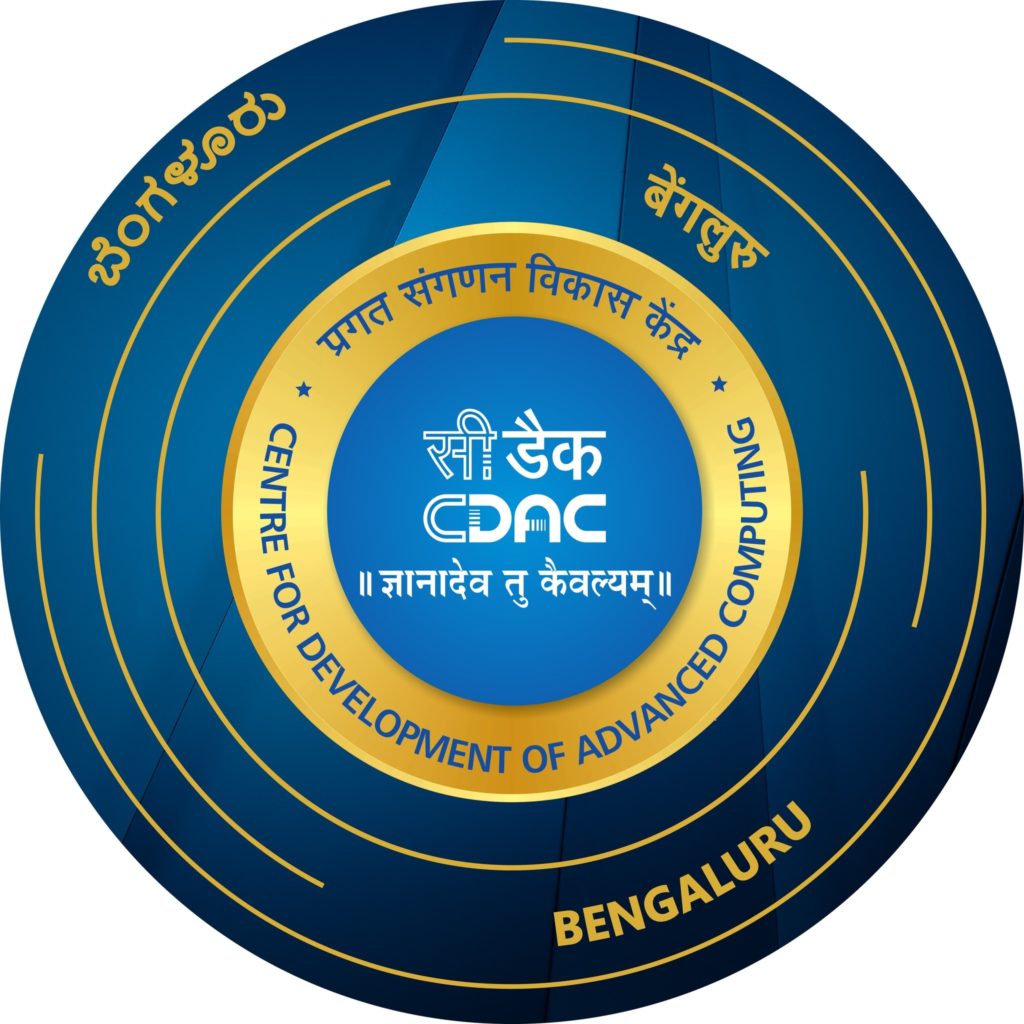Accepted talks TQC 2024
The Programme Committee of TQC 2024 selected 92 out of 460 submissions for a contributed talk (20% acceptance rate).
You may find the contributed talks here.
The conference schedule is now published.
How to change talk slots: If you are giving a talk and would like to change your scheduled slot, contact the authors of another talk to swap, and write to the organizers only when you have a swap arrangement. You may use the Discord server to ask if anyone is willing to swap. Please try to swap with a talk from the same field, so that sessions can remain thematic and audience members don’t need to move rooms in the middle of a session.
1.
Jonathan Allcock, Jinge Bao, João F. Doriguello, Alessandro Luongo, Miklos Santha
Constant-depth circuits for Uniformly Controlled Gates and Boolean functions with application to quantum memory circuits Talk
2024.
@Talk{T24_8,
title = {Constant-depth circuits for Uniformly Controlled Gates and Boolean functions with application to quantum memory circuits},
author = {Jonathan Allcock and Jinge Bao and João F. Doriguello and Alessandro Luongo and Miklos Santha},
url = {https://arxiv.org/abs/2308.08539},
year = {2024},
date = {2024-01-01},
abstract = {We explore the power of the unbounded Fan-Out gate and the Global Tunable gates generated by Ising-type Hamiltonians in constructing constant-depth quantum circuits, with particular attention to quantum memory devices. We propose two types of constant-depth constructions for implementing Uniformly Controlled Gates. These gates include the Fan-In gates defined by x>|b> —> |x>|b+ f(x)> for x in 0,1^n and b in 0,1, where f is a Boolean function. The first of our constructions is based on computing the one-hot encoding of the control register |x>, while the second is based on Boolean analysis and exploits different representations of f such as its Fourier expansion. Via these constructions, we obtain constant-depth circuits for the quantum counterparts of read-only and read-write memory devices — Quantum Random Access Memory (QRAM) and Quantum Random Access Gate (QRAG) — of memory size n. The implementation based on one-hot encoding requires either O(n log(n)łogłog(n)) ancillae and O(n log(n)) Fan-Out gates or O(n log(n)) ancillae and 6 Global Tunable gates. On the other hand, the implementation based on Boolean analysis requires only 2 Global Tunable gates at the expense of O(n^2) ancillae.},
keywords = {Monday},
pubstate = {published},
tppubtype = {Talk}
}
We explore the power of the unbounded Fan-Out gate and the Global Tunable gates generated by Ising-type Hamiltonians in constructing constant-depth quantum circuits, with particular attention to quantum memory devices. We propose two types of constant-depth constructions for implementing Uniformly Controlled Gates. These gates include the Fan-In gates defined by x>|b> —> |x>|b+ f(x)> for x in 0,1^n and b in 0,1, where f is a Boolean function. The first of our constructions is based on computing the one-hot encoding of the control register |x>, while the second is based on Boolean analysis and exploits different representations of f such as its Fourier expansion. Via these constructions, we obtain constant-depth circuits for the quantum counterparts of read-only and read-write memory devices — Quantum Random Access Memory (QRAM) and Quantum Random Access Gate (QRAG) — of memory size n. The implementation based on one-hot encoding requires either O(n log(n)łogłog(n)) ancillae and O(n log(n)) Fan-Out gates or O(n log(n)) ancillae and 6 Global Tunable gates. On the other hand, the implementation based on Boolean analysis requires only 2 Global Tunable gates at the expense of O(n^2) ancillae.





